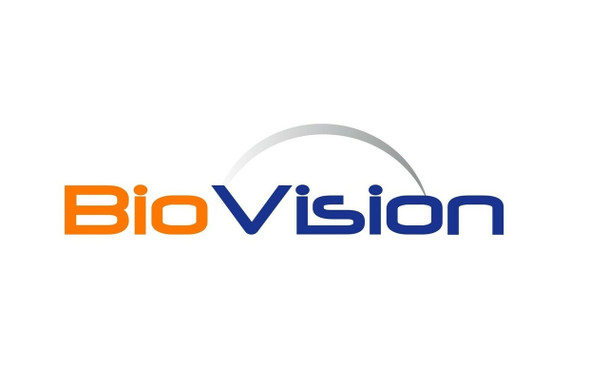Biovision
PicoProbe™ Dihydroxyacetone Phosphate (DHAP) Fluorometric Assay Kit
- SKU:
- 26-K673
- Availability:
- Usually Shipped in 5 Working Days
- Size:
- 100 Assays
- Storage Conditions:
- -20°C
- Shipping Conditions:
- Gel Pack
- Shelf life:
- 12 months
Description
Dihydroxyacetone Phosphate (DHAP) is an important intermediate in both lipid biosynthesis and glycolysis. In glycolysis, Fructose-1,6-diphosphate is converted to DHAP and glyceraldehyde-3-phosphate (GAP) by aldolase. Both DHAP and GAP serve as the intracellular triose phosphate pool. DHAP can be further converted into GAP by Triose Phosphate Isomerase (TPI). In humans, TPI deficiency is a rare autosomal disease. It causes hemolytic anemia, neurological diseases, and even death due to blockage of the glycolytic pathway and accumulation of DHAP in erythrocytes. Biovision’s PicoProbeTM Dihydroxyacetone Phosphate Assay kit is suitable for measuring low levels of DHAP typically found in a variety of samples. In this kit, TPI converts DHAP to GAP that undergoes a series of reaction and reduces PicoProbe™ to generate fluorescence. The fluorescence intensity generated is directly proportional to the amount of Dihydroxyacetone Phosphate. This simple, sensitive, and easy to use assay kit can detect Dihydroxyacetone Phosphate as low as 0.5 µM in a variety of samples.
Alternate Name: PicoProbeTM Glycerone Phosphate Colorimetric Assay Kit
Tag Line: Only Kit on the market to measure DHAP
Summary: • Detection method- Fluorescence (Ex/Em = 535/587 nm) • Application- Measurement of Dhydroxyacetone Phosphate in various tissues/cells • Analysis of metabolic pathways such as glycolysis, Calvin cycle in plants, methylglyoxal pathway and lipid biosynthesis • Mechanistic study of human TPI deficiency
Detection Method: Fluorescence (Ex/Em = 535/587 nm)
Sample Type: Animal tissues: e.g., liver, muscle etc. • Cell culture: adherent or suspension cells • Biological fluids: serum, plasma etc.
Species Reactivity: N/A
Applications: • Measurement of Dhydroxyacetone Phosphate in various tissues/cells • Analysis of metabolic pathways such as glycolysis, Calvin cycle in plants, methylglyoxal pathway and lipid biosynthesis • Mechanistic study of human TPI deficiency
Features & Benefits: • Simple, Sensitive & Rapid protocol • Highly-Sensitive: Detects as low as 0.5 µM DHAP






